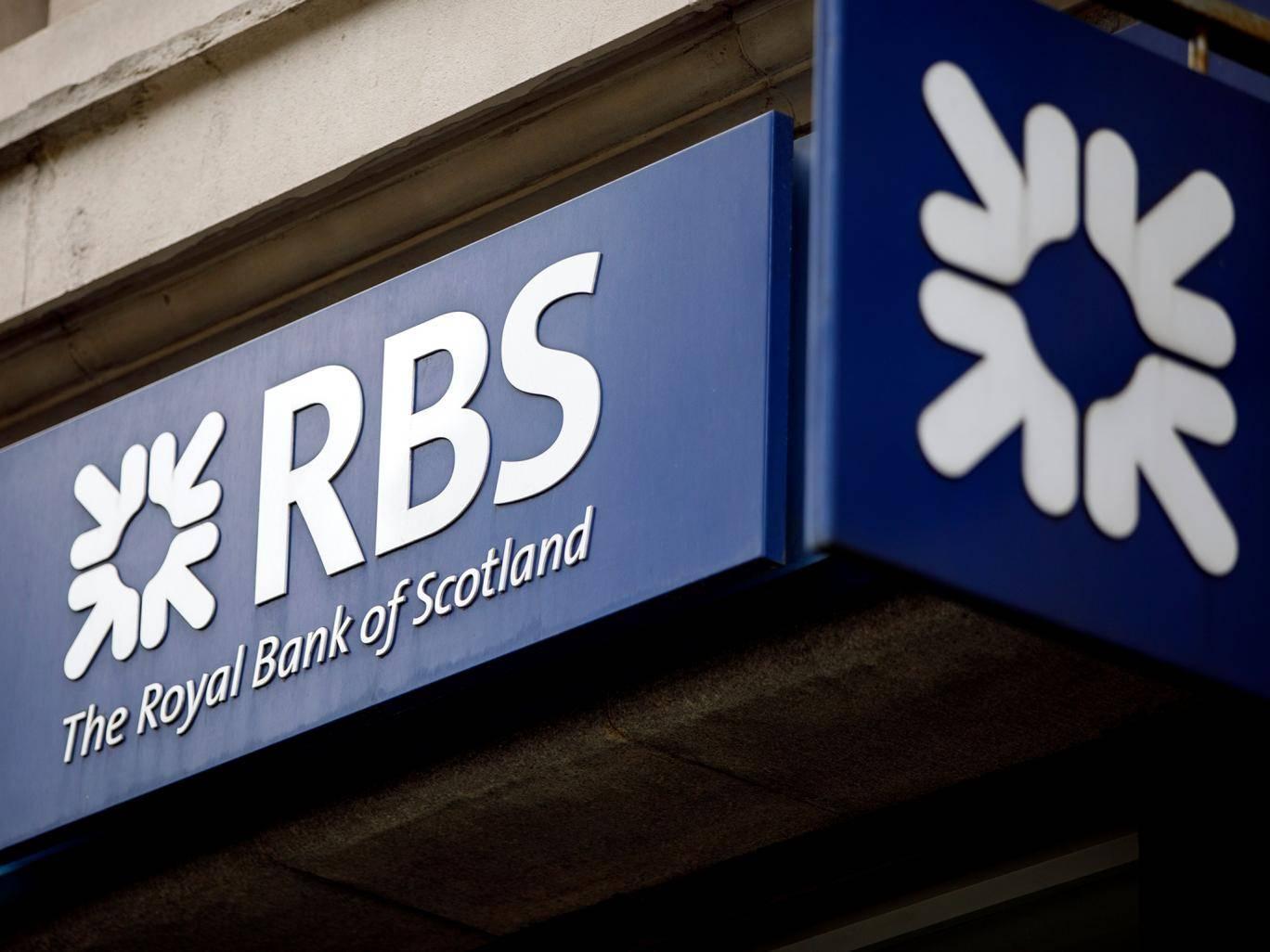Labour warns Chancellor against further sell-off of RBS shares amid reports he would accept a significant loss
Philip Hammond rumoured to be planning to offload £3bn in stock, resulting in a multi-billion-pound loss for the taxpayer

Labour has warned the government against selling off more of its shares in RBS amid reports ministers are prepared to accept another hefty loss.
Philip Hammond, the chancellor, is believed to be considering offloading £3bn of shares in the bank – equating to around a 10 per cent stake.
Labour said there was “no economic justification” for another sell-off at a time the shares are worth close to half what they were when they were bought.
The bank is 70 per cent state-owned after being bailed out during the 2008 financial crisis.
In 2015, then chancellor George Osborne sold £2.1bn worth of shares at a price of 330p – incurring a £1bn loss for the taxpayer. That amounted to 5.4 per cent of the government’s total stake.
The stock is currently trading at around 290p, meaning the government would again incur a significant loss.
The state paid a total of £45.5bn for the shares in 2008. The remaining shareholding is currently worth around £24.5bn.
The government has expressed a commitment to selling off enough stock to ensure it is no longer the majority shareholder.
But Labour said it “beggars belief” that ministers would consider a further sell-off when RBS’s share price remains so low.
John McDonnell, the shadow chancellor, said: “There is no economic justification for a further sell-off of RBS shares and it beggars belief that this government is considering selling shares at an even bigger loss to the taxpayer than the £1bn George Osborne managed.
“All further sales of RBS shares should be halted, and the bank reorganised under public control to help provide the patient, long-term investment capital that businesses across the country so urgently need. The next Labour government will deliver a banking system that works for the many, not the few.”
A Treasury source said the reports were “just speculation” and declined to comment further.
Advice on when to initiate a further sell-off of the shares is likely to come from UK Government Investments (UKGI), but would have to be authorised by Mr Hammond.
UKGI has previously said the suggestion it could recommend the sale of a further £3bn this year was “an entirely fair assumption”, as it laid out plans to offload an additional £12bn of stock over the next four years.
RBS’s annual general meeting is due to take place this week, with executives likely to be questioned about plans for re-privatising the bank. Bosses are also facing pressure over proposals to close more than 200 branches across the country in a bid to cut costs.
The prospect of the government selling off more of its shares increased earlier this month when RBS reached a settlement with the US Department of Justice following a long-running probe into the bank’s actions in the lead-up to the 2008 financial crash.
As part of the agreement, RBS will pay £3.6bn in relation to its role in issuing and underwriting high-risk securities between 2005 and 2007 – a practice that helped trigger the banking collapse.
Announcing the settlement, RBS chief executive Ross McEwan said: “Reaching this settlement in principle with the US Department of Justice will, when finalised, allow us to deal with this significant remaining legacy issue and is the price we have to pay for the global ambitions pursued by this bank before the crisis.
“Removing the uncertainty over the scale of this settlement means that the investment case for this bank is much clearer.”
The UK government is understood to have been holding off on selling any more of its shares until the issue was resolved.
Join our commenting forum
Join thought-provoking conversations, follow other Independent readers and see their replies
Comments